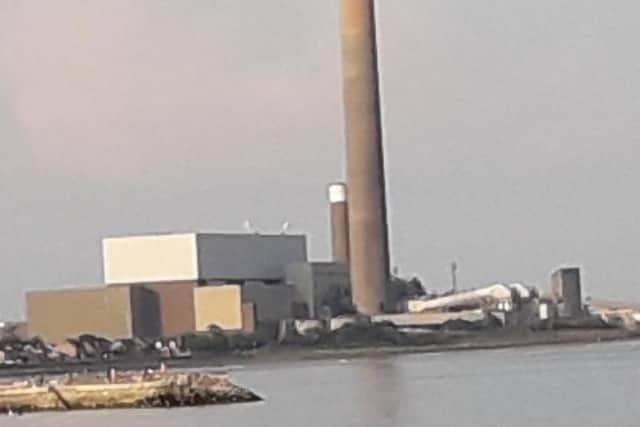Questions over the ability of Stormont to deliver on its climate change legislation - as Executive faces £2.3 billion bill


The environment minister says he is committed to achieving net zero by 2050 – but key parts of the act haven’t commenced due to the lack of political institutions over the past two years.
There have been questions about whether Stormont could deliver the “ambitious” targets since the law’s inception.
Advertisement
Hide AdAdvertisement
Hide AdStormont’s agriculture minister Edwin Poots was warned by the chair of the UK’s Climate Change Committee (CCC) in March 2022 about the risk of ambitious targets damaging the credibility of the plans.
In response to the legislation, Lord Debin said: “The implication of the new 2050 target is that Northern Ireland must outperform all of five of the Net Zero Pathways that the CCC developed… requiring a major step-up in policy and rapid progress over the 2020s”.
He added: “Northern Ireland is already playing catch-up with the rest of the UK in many areas. These new targets will quickly lose credibility if the policy focus does not shift quickly to implementation and successful delivery of outcomes.”
DUP MP Sammy Wilson says nobody has – or wants to have – a handle on how much the legislation is going to cost.
Advertisement
Hide AdAdvertisement
Hide AdThe East Antrim MP says: “I don’t believe it is deliverable, and I don’t even think that they [the Executive] have thought out out how they’re going to deliver it”.
"Is this really a priority for the Executive? That an unfunded commitment, an unknown commitment – they think it’s £2.3 billion – is more important than doing the type of thing they know can change people’s lives tomorrow?”
Mr Wilson said: "This is where Stormont has got in to trouble time and time again” – arguing that politicians “don’t even make any attempt to ask first of all, is this commitment worth making?
"Secondly, is this commitment possible to deliver? And thirdly, is this commitment possible to deliver without spending a whole pile of money?”
Advertisement
Hide AdAdvertisement
Hide AdHe said there should now be an obligation that before any new laws or regulations are passed that a cost is attached to them.
DAERA minister Andrew Muir told the News Letter that he is committed to delivering on the legislation “including the obligation to meet the net zero target by 2050”.
He said: “Delivering net zero can bring significant benefits for the people of Northern Ireland, our economy and our environment. It will require significant effort and transformation across all aspects of our economy and society. I will also ensure that there is effective public conversation and genuine engagement on the best ways to address climate change and I’m keen to work in partnership with all of our key stakeholders to deliver positive outcomes.”
For the act’s targets to be met, there will have to be massive changes in areas controlled by all the Stormont departments – perhaps most significantly in infrastructure, agriculture and the economy.
Advertisement
Hide AdAdvertisement
Hide AdThe department of finance says it is for individual departments to ensure that the cost of the Climate Change Act are factored into their spending plans.
Chair of the DAERA Committee Tom Elliott told the News Letter at the weekend that provisional figures suggest the cost is £2.3 billion up to 2027.
The Climate Action Plan sets out Northern Ireland’s approach to meeting the ‘carbon budget’ for 2023 to 2027 through a set of proposals and policies for emissions reductions.
It will also establish a ‘pathway’ towards net zero carbon emissions by 2050.
Advertisement
Hide AdAdvertisement
Hide AdThe Climate Change Act was passed by Stormont in 2022 – but hasn’t been implemented due to the lack of an assembly or a functioning executive.
Therefore, the Executive won’t yet have a full picture of the costs because the structures and policies haven’t yet been put in place.
The Act creates a target for net-zero greenhouse gas emissions by 2050, with a reduction of at least 48% in net emissions by 2030.
A climate change commissioner and a public body were to be set up to scrutinise changes – but neither of these have happened in the absence of Stormont.
Advertisement
Hide AdAdvertisement
Hide AdThe law also places a duty on DAERA to establish a ‘Just Transition Commission’ to oversee implementation and provide advice to departments.
None of these bodies exist, but by law they must be established. It is only when the act is fully in place that the full costs will become clear.
Comment Guidelines
National World encourages reader discussion on our stories. User feedback, insights and back-and-forth exchanges add a rich layer of context to reporting. Please review our Community Guidelines before commenting.